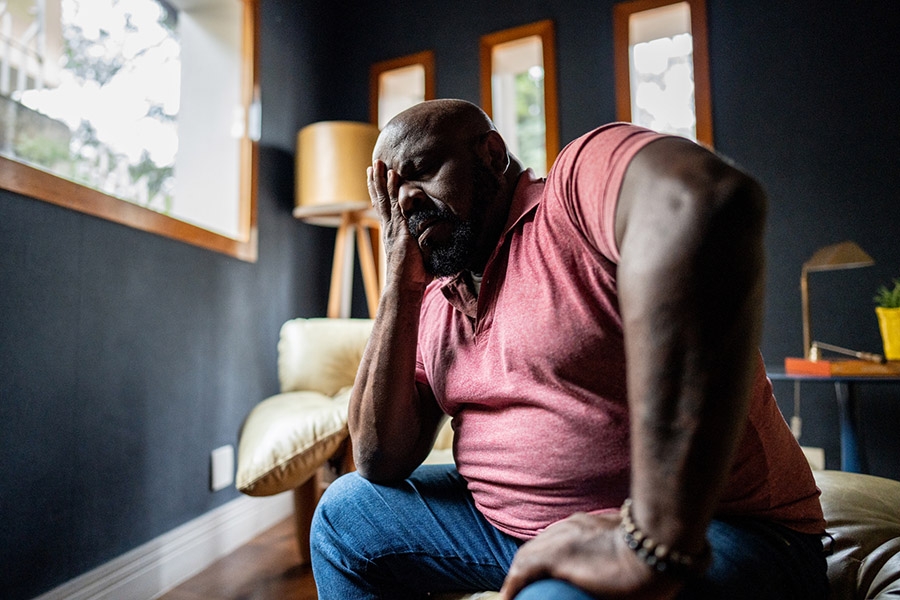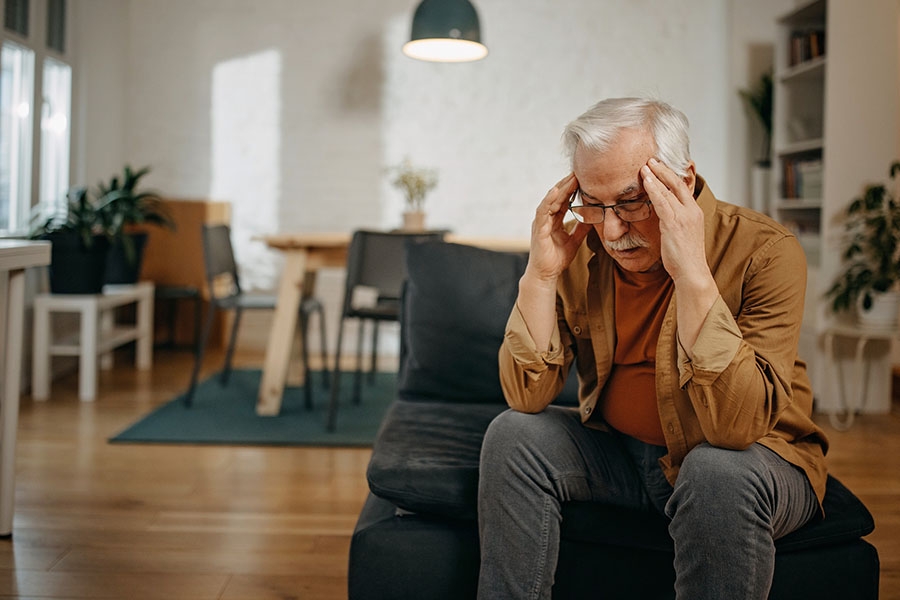What Are Sleep Disorders?
Sleep disorders affect your ability to sleep well. They make it hard to fall asleep or stay asleep. They can affect sleep quality, leaving you tired or unable to function normally.
Sleep disorders include:
- Insomnia – Trouble falling or staying asleep
- Sleep apnea – Interrupted breathing during sleep
- Restless legs syndrome – Uncomfortable tingling sensations and urge to move your legs
- Narcolepsy – Falling asleep suddenly or randomly during the day
- Hypersomnia – Excessive daytime sleepiness or abnormally long nighttime sleep
- Parasomnias – Includes sleepwalking, sleep-talking, nightmares, head-banging, wetting the bed and teeth-grinding.
Sleep deprivation (lack of sleep) can cause high blood pressure, obesity, mood and behavior disorders, decreased productivity and safety risks.
Symptoms of Sleep Disorders
Symptoms include:
- Trouble falling or staying asleep
- Daytime tiredness and fatigue
- Extreme sleepiness or frequent naps
- Irritability or anxiety
- Difficulty with focus, concentration and decision-making
- Depression
- Being clumsy or accident-prone
Treatment Options for Sleep Disorders
Treatment may include a sleep study to evaluate your disorder and related conditions. You may need changes in diet, exercise, stress management or environment – such as lighting, bedding and room temperature.
Therapies may include:
- Medications – Doctor-supervised sleep aids can provide temporary relief. Your doctor may prescribe blood pressure, anxiety or depression medications.
- Supplements – Supplements, such as melatonin, may help treat sleep cycle disruptions.
- Cognitive behavioral therapy – Stress, trauma or intrusive thoughts and behaviors can hinder sleep. This therapy addresses problems that affect sleep.
- Oral appliance therapy – Snoring and sleep apnea may be treated by wearing a removable appliance in your mouth while you’re sleeping.
- CPAP (continuous positive airway pressure) – This sleep apnea treatment opens your airway with a gentle stream of air through a mask worn while sleeping.
- CPAP titration study – If you have obstructive sleep apnea, you may need a CPAP study to adjust your CPAP device.
- Light therapy – Certain artificial lights can reset natural sleep rhythms. Specialists sometimes use this therapy for seasonal affective disorder, jet lag or sleep disorders related to late-night work shifts.
- Surgery – For problems such as upper-airway obstructions, your doctor may recommend surgery.
Ready for an Appointment?
If you're experiencing signs or symptoms of a sleep disorder, schedule an appointment or call 800-TEMPLE-MED (800-836-7536) today.
Learn more about our doctors and care team who diagnose and treat sleep disorders.

